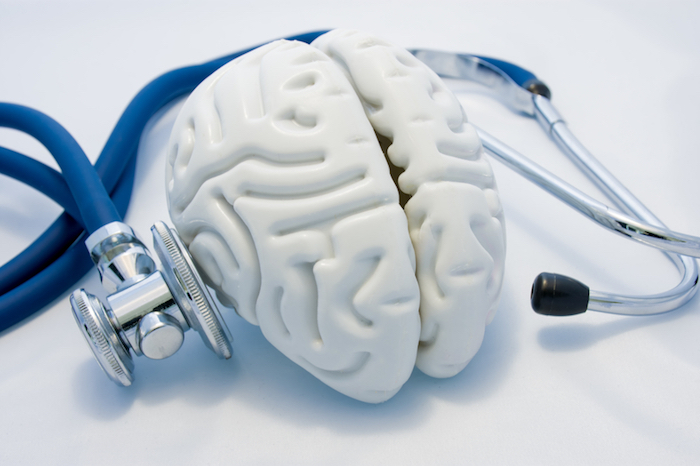- Calls to this hotline are currently being directed to Within Health or Eating Disorder Solutions
- Representatives are standing by 24/7 to help answer your questions
- All calls are confidential and HIPAA compliant
- There is no obligation or cost to call
- Eating Disorder Hope does not receive any commissions or fees dependent upon which provider you select
- Additional treatment providers are located on our directory or samhsa.gov
A Lack of Nutrition Due to Anorexia Affects Normal Body Function Significantly
Perhaps one of the most important steps in recovery from anorexia is nourishing and feeding the body.
Often one of the most challenging aspects for those with anorexia, refueling the emaciated body with adequate nutrition is crucial for overcoming the stronghold of this eating disorder.
Our human bodies are quite resilient, and even in the face of starvation, the body will remarkably fight for survival. As the body recognizes that it does not have sufficient fuel to maintain normal processes, it will be to preserve energy by protecting what is absolutely necessary.
Prioritizing Calories for Essential Functions
The body will prioritize using what little calories it receives to fuel the heart and brain. The eventual lack of calories and nutrition will essentially cause the body to break down its own tissues, muscle, etc as a means of survival. In a person with anorexia, body systems eventually begin to shut down and fail as adequate nutrition becomes scarce.
A lack of macro and micronutrients, including carbohydrates, protein, fats, vitamins, minerals, and fluids, will jeopardize the body’s capacity to function normally.
For these reasons, it is not uncommon to see damaging side effects resulting from severe malnutrition, including cardiovascular complications, gastrointestinal distress, arrested skeletal growth, and more.
Brain Fog
Another common occurrence in anorexia is a state often referred to as “brain fog”. The more technical term for this would be “Organic Brain Syndrome”, or cognitive difficulties that result from actual physical damage to the brain.
With extreme starvation and malnutrition, the brain will actually shrink in size, which decreases the amount of gray and white matter.
This can result in a confused state, inability to concentrate, forgetfulness, depression, apathy, etc. These symptoms are frequently seen in the person with anorexia who is underfed. On the outside, it may seem that this individual is disconnected, unable to engage in conversation, and withdrawn. The reality behind it is that their brain is literally unable to function properly due to the lack of nutrition available to the body.
Getting the Body Functioning Again
For these reasons, the first aspect of treatment for anorexia certainly involves nutrition and feeding the body to adequate levels. A person with literal brain damage resulting from starvation cannot effectively receive psychotherapy, let alone think rationally.
This state of damage to the brain also helps explain the irrational thinking that individuals may exhibit: fear of fat or weight gain, and fear of eating certain foods. The brain has been compromised, therefore cognition is also altered.
Gaining Your Whole Life Back
The good news is that much of the damage to the body from anorexia can be reversible with long-term recovery.
Weight restoration along with replenishing nourishment allows the body to piece back what has been lost due to emaciation. Through a gradual and slow process, the body can be restored physically, and nutrition is a key component of this recovery process.
The Initial Refeeding Stage
The initial refeeding stage of anorexia recovery may feel more robotic and automatic than anything. When in a malnourished state, many basic senses are lost. After constantly ignoring and shutting down the body’s hunger cues, the basic intuitive eating instincts are suppressed.
Because of this, someone in recovery from anorexia cannot rely on himself or herself to know what and how much to eat in the earliest phases of recovery.
The body is not physically able to discern what is needed when under a constant state of deprivation and starvation. Having professional guidance and support are important pieces of the puzzle. A Registered Dietitian, who is often an important component of the treatment team, can help monitor and guide a patient through this journey.
Relearning Intuitive Signals
As recovery and physical health progress over time, the body will be in a state in which intuitive signals can be relearned.
Recovery from anorexia can seem a daunting process, and understanding the foundations of your recovery can be instrumental in making forward progress. If you or a loved one has struggled to take that first step, know that you are not alone in this process. Healing your body through adequate nutrition is crucial towards life in recovery from anorexia.

Crystal is a Masters-level Registered Dietitian Nutritionist (RDN) with a specialty focus in eating disorders, maternal/child health and wellness, and intuitive eating. Combining clinical experience with a love of social media and writing,
As a Certified Intuitive Eating Counselor, Crystal has dedicated her career to helping others establish a healthy relationship with food and body through her work with EDH and nutrition private practice.
The opinions and views of our guest contributors are shared to provide a broad perspective of eating disorders. These are not necessarily the views of Eating Disorder Hope, but an effort to offer discussion of various issues by different concerned individuals.
We at Eating Disorder Hope understand that eating disorders result from a combination of environmental and genetic factors. If you or a loved one are suffering from an eating disorder, please know that there is hope for you, and seek immediate professional help.
Published on February 19, 2015.
Reviewed By: Jacquelyn Ekern, MS, LPC on February 19, 2015.
Articles on Anorexia
- Anorexia and Alcohol
- Anorexia and Co-Occurring Issues Make Treatment Challenging
- Food Obsessions and the Brain: Understanding the Neuroscience of Appetite for Anorexia Nervosa
- Anorexia and the Brain: What Do We Know?
- Instant (Chemical) Messenger: Anorexia and the Chemical Communication of the Brain
- Understanding Anorexia Treatment: What to Expect During the First Week in Residential Treatment
- Anorexia and Emotions: A Treatment Approach From the Inside Out
- Anorexia Recovery and Overcoming Physical Side Effects of an Eating Disorder
- Common Signs & Symptoms of Anorexia
- Does Anorexia Impair One’s Ability to Relate Socially?



